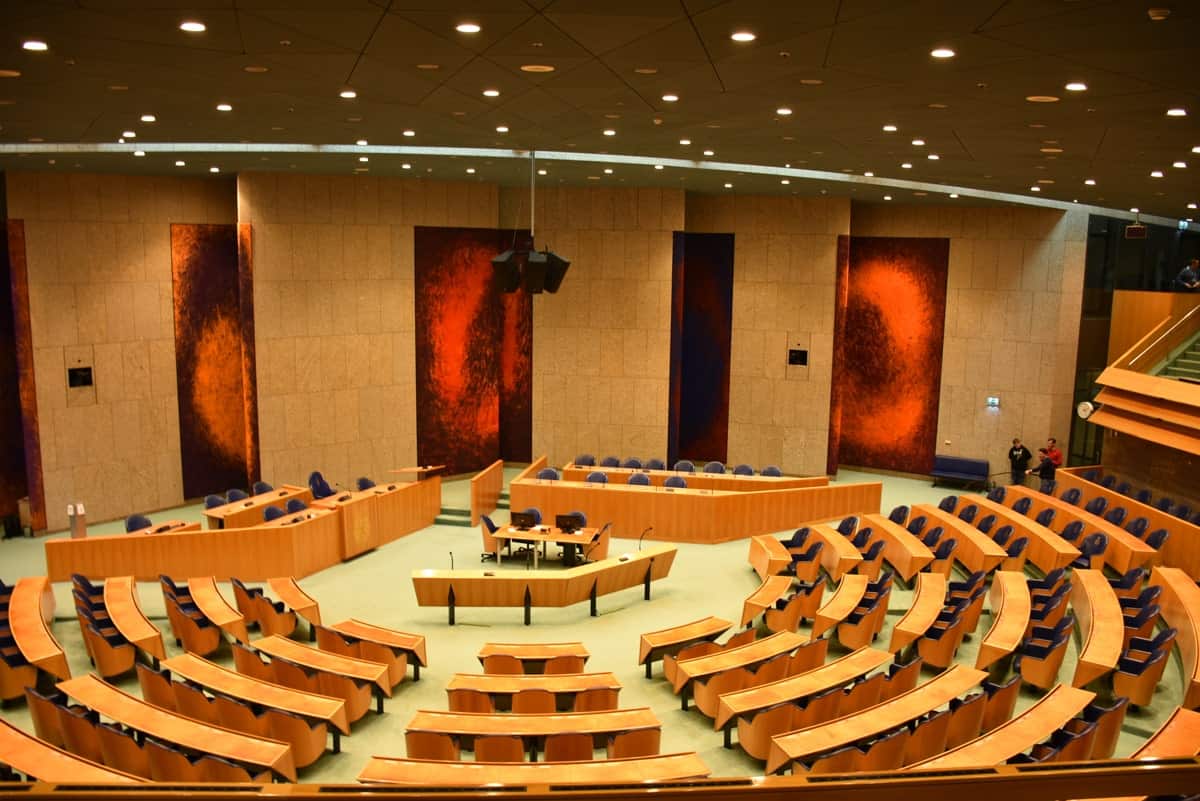Article De Nationale Franchise Gids – Know-how decisive for scope of application Franchise Act – dated 5 March 2020 – mr. RCWL Albers
It will have escaped the attention of few in the sector that on 10 February 2010 the legislative proposal for the Franchise Act was submitted to the House of Representatives. Much has been written about it since then, but it has been underexposed that, based on the definitions, many franchise formulas may not fall within the scope of application of the law.
At first glance, the definitions in the Franchise Act have been greatly improved. For example, the preamble of the definition of ‘franchise formula’ from the draft in the bill has been replaced by:
“operational, commercial and organizational formula for the production or sale of goods or the provision of services, which determines a uniform identity and image of the franchise companies within the chain where this formula is applied (…)”
What has not changed, however, are the required elements that determine whether there is a franchise formula. According to the Explanatory Memorandum (hereinafter: ‘Explanatory Memorandum’), there is only a franchise relationship if it contains all the elements contained in the definition as included in Article 911 paragraph 2. This is doubly confirmed with regard to the definition of the franchise formula in the Explanatory Memorandum because this explanation emphasizes that there are cumulative elements.
This means that there is only a franchise formula if it includes at least:
1°. a trademark, model or trade name, house style or drawing, and
2°. know-how, being a body of practical information not protected by an intellectual property right, resulting from the franchisor’s experience and from the investigations carried out by him, which information is secret, material and identified .
The elements under 1 will almost always be present, but in my view this does not necessarily apply to the elements of know-how mentioned under 2.
The determination of these elements is based on European competition law definitions. Secret means that the know-how is not generally known or readily available, Substantial means that the know-how is important and useful to the franchisee for the operation of the franchise business and Identified requires know-how to be described so fully that it can be verified whether it meets the criteria of secrecy and materiality. These high requirements are understandable from a competition law point of view (assessment of whether a non-competition clause can be justified), but determining whether there is a franchise formula on the basis of this is less obvious.
Strict interpretation of the definition means that for many franchise formulas it is highly questionable whether they fall within the scope of application of the Franchise Act. Consider, for example, numerous franchise formulas in the service sector that often have a joint name, but where in many cases it will not be easy to provide documents that meet the strict definition of know-how. A simple reference to a handbook will probably not be enough to successfully argue that there is know-how and therefore a franchise formula.
“It doesn’t seem that way[eisers] have gained concrete demonstrable knowledge and experience from or at FBD. It can be assumed that they have acquired their banking expertise in their (vocational) education and during their experience in banking.”[1]
In this case, the franchisor invoked a voluminous manual containing the know-how, but this appeal was rejected by the court, as it was not clear what essential knowledge would be contained therein that qualifies as know-how.
Discussions could also be held about the know-how of certain formulas, where the know-how is, for example, limited to specific sales methods that can also be obtained quite easily outside the formula. After all, the required elements have not been met, since there is no secret information.
Franchisors and franchisees may of course have a great interest in (whether or not) meeting the definition of a franchise formula, for example in order to be able to successfully invoke the Franchise Act. For this they must be well founded and actually meet the elements of the definition.
Conclusion
In short, there is still a tree to be set up about the definitions included in the Franchise Act and thus about the scope of application of the bill. As a result of the chosen definitions, the bill also contains a certain contradiction. On the one hand, with open standards, the legislator opts for a ‘one size fits all’ approach with the explicit aim of covering the entire franchise sector, while on the other hand strict definitions have been included that can exclude many formulas. In any case, the Franchise Act in its current form offers concrete tools for both franchisors and franchisees to determine whether or not the law applies to their partnership.
Click here for the published article.
mr. RCWL Albers
Ludwig & Van Dam franchise attorneys, franchise legal advice. Do you want to respond?
Then go to albers@ludwigvandam.nl.
[1] See Court of Overijssel 22 June 2016 (ECLI:NL:RBOVE:2016:2914).
Other messages
Supreme Court on termination of franchise agreement
On 29 November 2024, the Supreme Court made a number ...
Ludwig & Van Dam attorneys partner of the National Franchise Congress
On November 14, 2024, we will take you along in ...
Impact of Franchise Act on franchise statistics minimal
By Maaike Munnik and Remy Albers Ludwig & Van ...
Seminar at the National Franchise Fair October 11 & 12, 2024
On October 11, 2024 at 11:00 a.m., the seminar “What ...
Publication by Mr. Klaas op de Hoek in Franchise & Law Magazine
In the magazine Franchise & Recht, Mr. Klaas op de ...
What are my rights as a franchisee?
Before the Seminar: The Franchise Statistics that Ludwig & Van ...







